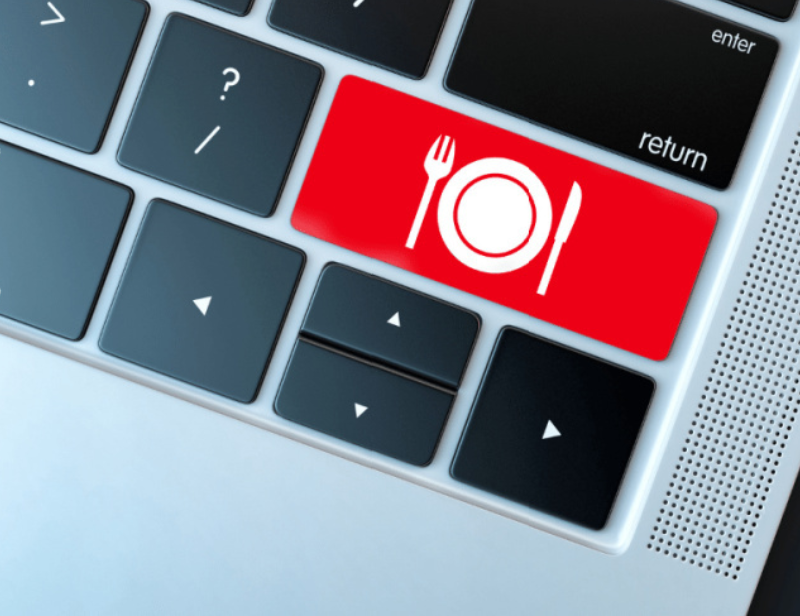The Growing Relationship Between Restaurants and Technology

Restaurant adoption of technology is largely driven by rapid technological advancements and changing consumer expectations*. While the COVID-19 pandemic accelerated the initial wave of digital adoption, technology’s role in foodservice has only deepened. Today, restaurant operators are leveraging technology not just for safety and efficiency but also to enhance guest experiences, streamline operations, and drive profitability in an increasingly competitive market.
During the pandemic, technology was a necessity—contactless payments, online ordering, and delivery platforms became the norm to ensure safety and convenience. Now, in 2025, these tools are no longer just stopgap measures; they’ve become integral to how restaurants operate and engage with their customers. Operators have embraced long-term digital strategies, integrating AI-powered analytics, personalized marketing, and automation to optimize their business models and stay ahead of evolving consumer demands.
Restaurants Use Technology to Enhance the Guest Experience
Consumer confidence remains a key driver of success in the industry. Today’s diners expect more than just cleanliness and efficiency—they want personalized, seamless experiences that blend physical and digital interactions. Restaurants that invest in technologies such as QR code menus, loyalty apps, and AI-driven customer insights are better equipped to meet these expectations and build lasting relationships with their guests.
[Additional Resources: Try Our Ventless Solutions Selection Guide]
Leveraging technology to create a more tailored and frictionless experience is now essential, particularly in the QSR segment. While the days of the pandemic saw the shift primarily driven by consumer confidence in safety, today, it’s a matter of convenience, personalization, and differentiation. When restaurants effectively use technology to enhance value, guest confidence will continue to grow.
Ultimately, technology is no longer just about adapting to challenges—it’s about creating opportunities. Forward-thinking operators who embrace digital transformation as a core part of their business strategy will continue to lead the industry into the future.
An Update on Ghost Kitchens and Restaurant Technologies
As of January 2025, ghost kitchens have evolved significantly, with technology playing a pivotal role in their development and operation. Here’s an updated overview:
Adoption and Growth
The adoption of ghost kitchens has expanded beyond the surge experienced during the COVID-19 pandemic. Initially, these off-premise production facilities provided a lifeline for restaurants adapting to increased delivery demand. Today, they have become integral to the foodservice landscape, with many operators leveraging them to optimize delivery services and reduce overhead costs.
Technological Advancements
Modern ghost kitchens rely on integrated platforms to manage online orders, kitchen operations, and delivery logistics efficiently. Automation tools, such as kitchen display systems and smart lockers, have streamlined workflows, reduced errors, and enhanced overall operational efficiency.
Challenges and Considerations
Despite technological advancements, ghost kitchens face challenges, including market saturation and operational complexities. Some operators have adjusted strategies, focusing on licensing technology rather than direct operation of kitchen facilities to address these issues. Still, ghost kitchens provide an intrinsic value, meeting modern consumer demand for convenience and digital-first dining experiences.
[Additional Resources: Visit the Ultimate Ghost Kitchen Resource Center]
Value is a top consideration—if not the top consideration—of today’s consumers. If operators leverage technology and innovative operation types like ghost kitchens to provide convenience, they will sustain market relevance. If restaurants and technology are paired properly, they can also help preserve food quality. This is a winning combination that leads to profitability.
Middleby is a global leader in ghost kitchen technologies. Explore our collection of smart kitchen examples to learn about the different facets of a successful ghost kitchen operation.
Sources:
Topics
- Restaurants (92)
- Foodservice Industry Trends (57)
- Beverage (40)
- Ventless (35)
- Automation (31)
- See All Topics

